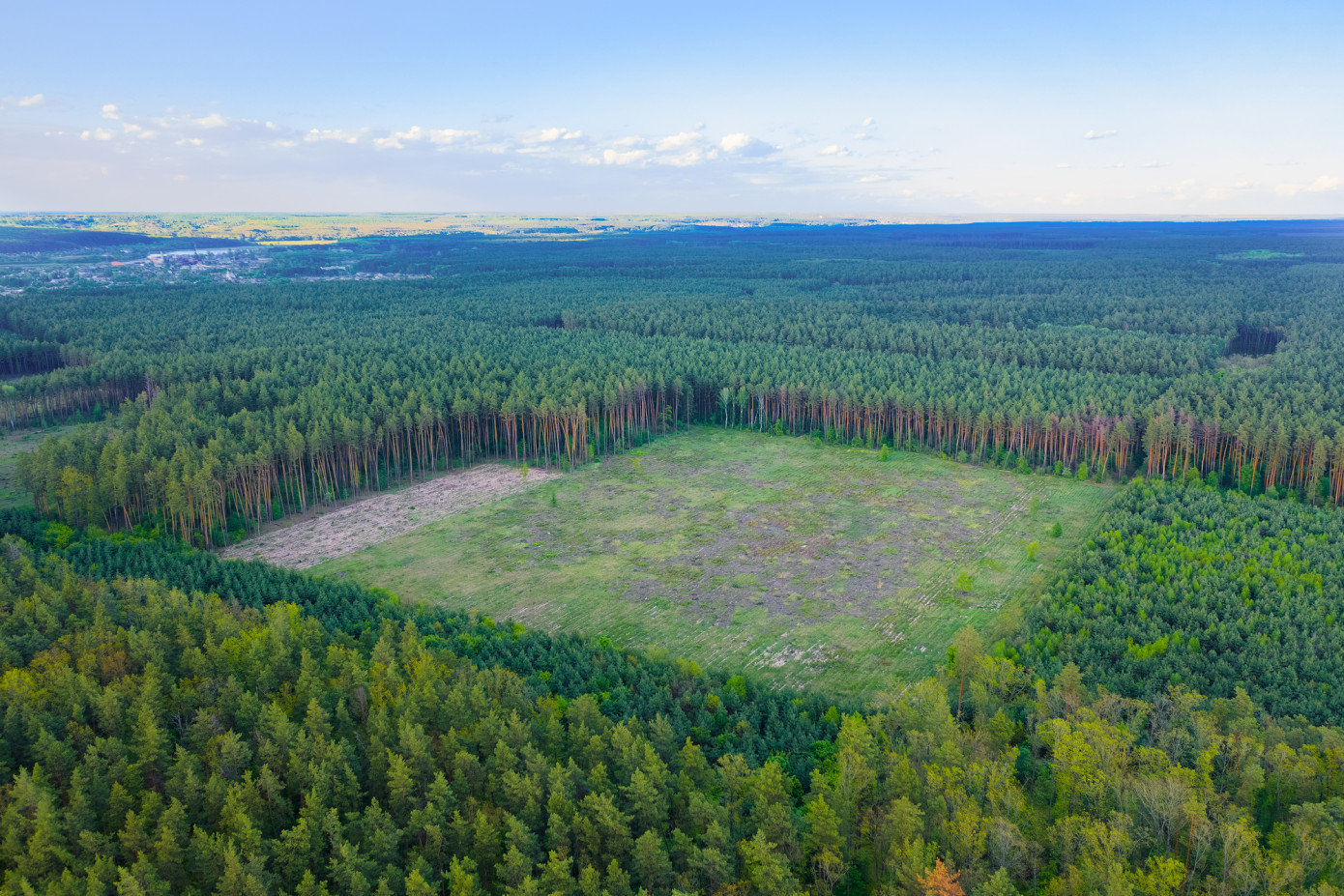A new study analyzing foreign direct investment (FDI) in non-OECD countries between 2003 and 2019 finds that deforestation is overwhelmingly driven by FDI in the food sector, particularly in the animal industry and food trade and services sub-sectors. In contrast, FDI in wood processing or forest-related industries shows no significant connection to forest loss.
Led by researchers Luca Bortolotti, Marta Marson, and Donatella Saccone from the University of Florence, the study analyzed a unique dataset covering over 4,500 locations across 120 countries. Using satellite imagery and data from 58,650 greenfield investment projects recorded in the fDi Markets database, the researchers investigated the effects of FDI on forest cover, focusing specifically on food-related industries.
The findings reveal that FDI in the food sector accounts for the majority of FDI-induced deforestation, with the animal industry being the largest contributor. In areas where forest land cover is dominant, investments in the animal industry resulted in significant forest loss. On average, each $1 million of FDI in the animal industry caused a deforestation rate of nearly three-quarters of a hectare. Given that the average investment in the animal industry is $47 million, this translates to approximately 33 hectares of deforestation per project.
Similarly, FDI in the food trade and services sub-sector also had a notable impact. Each $1 million invested in this sub-sector resulted in an average loss of 300 square meters of forest. With average investments of $64 million per project, this equates to a total forest loss of around 1.67 hectares per project.
In contrast, the study found no significant link between FDI in non-food sectors, including wood processing and forest-related businesses, and deforestation. Despite popular beliefs that industrial forestry contributes heavily to forest loss, the study found that FDI in these sectors had a minimal or negligible impact on forest cover.
As Lesprom Network reported earlier, the Brazilian meat industry is responsible for the destruction of more than 800 million trees in the Amazon rainforest over six years to meet global demand. An investigation by the Bureau of Investigative Journalism, The Guardian, Repórter Brasil, and Forbidden Stories revealed that around 1.7 million hectares (4.2 million acres) of the Amazon were destroyed between 2017 and 2022, largely due to cattle farming. The deforestation occurred near over 20 slaughterhouses owned by Brazil's top beef companies, including JBS, Marfrig, and Minerva, which export meat globally.
This extensive forest loss, primarily driven by ranching, mirrors the findings of the recent FDI study, which highlights that the food sector, especially livestock farming, is a critical contributor to deforestation. Regions like Mato Grosso, Pará, and Rondônia in Brazil have long been notorious for deforestation linked to the meat industry, further emphasizing the environmental impact of food-related investments.
The study emphasizes the urgent need for sustainable investment strategies in the food sector to mitigate the environmental trade-offs developing countries face while pursuing economic growth. With food sector FDI being a major driver of forest loss, the findings underline the importance of rethinking FDI policies in agriculture to protect global forest resources and combat climate change.
